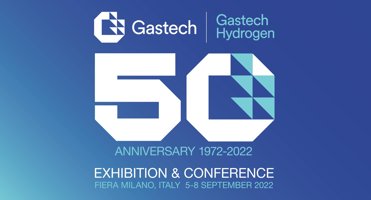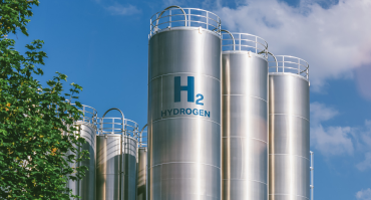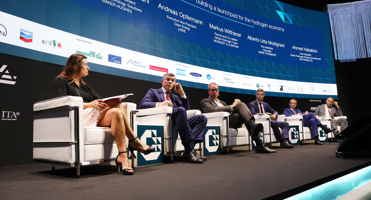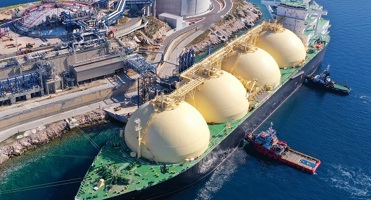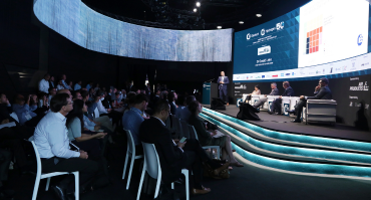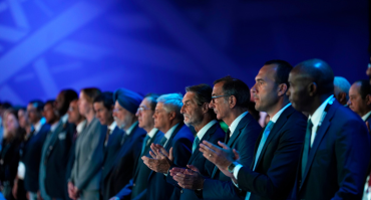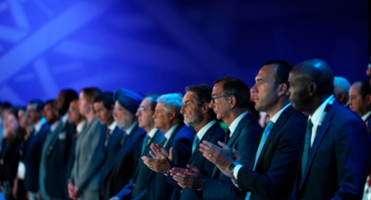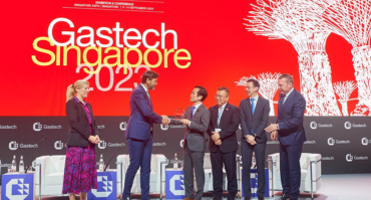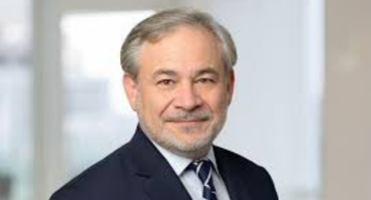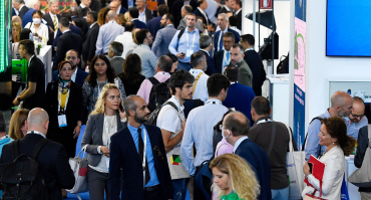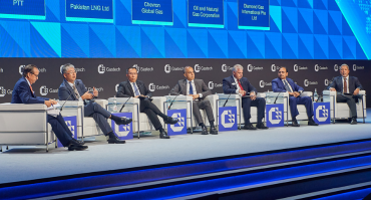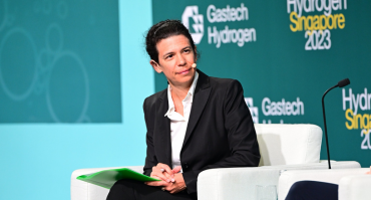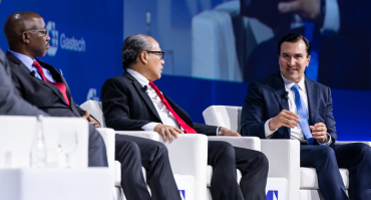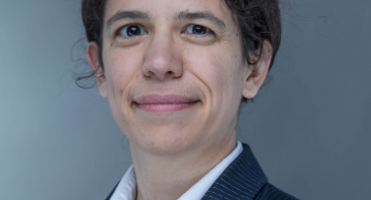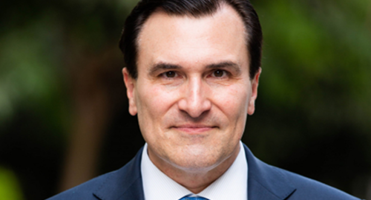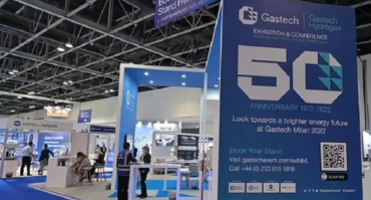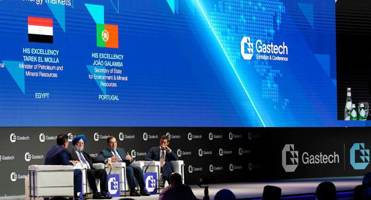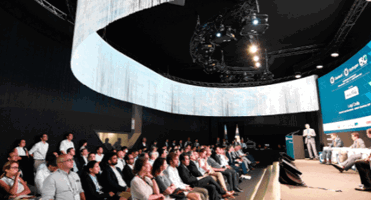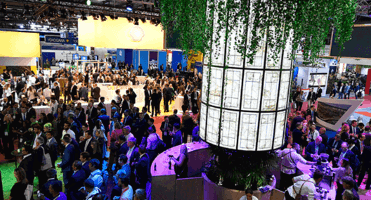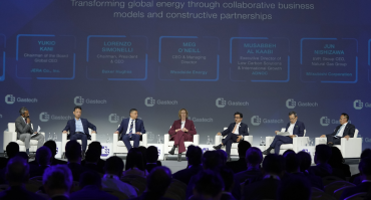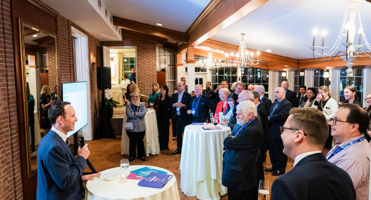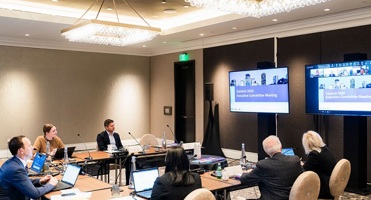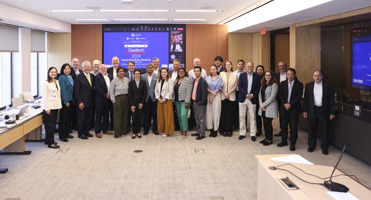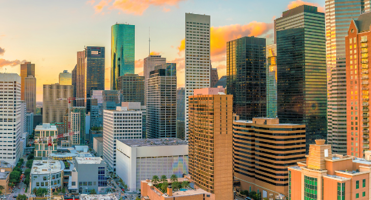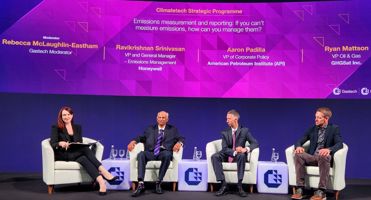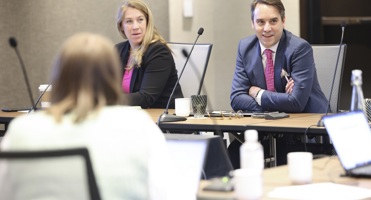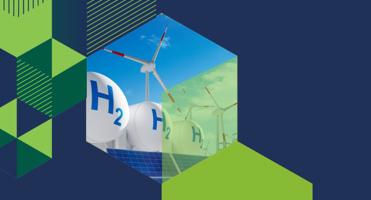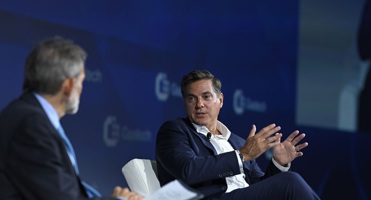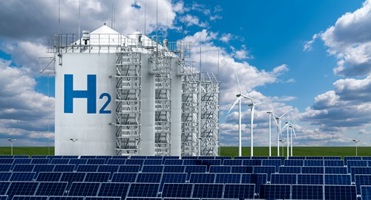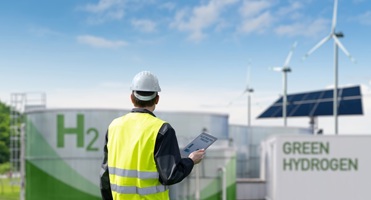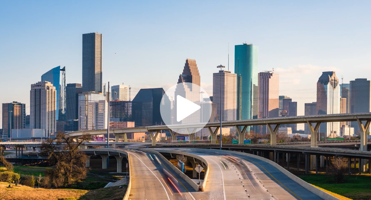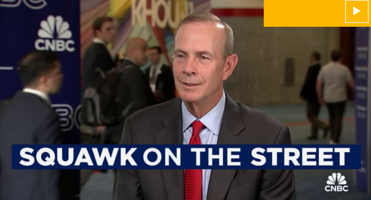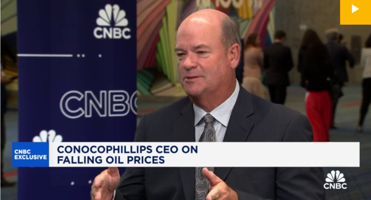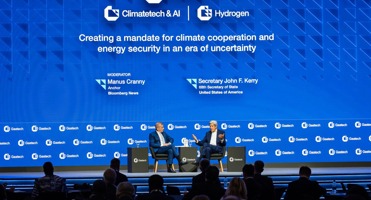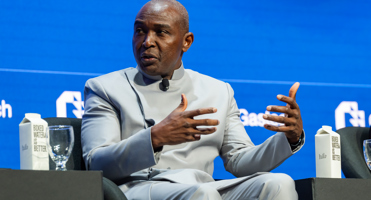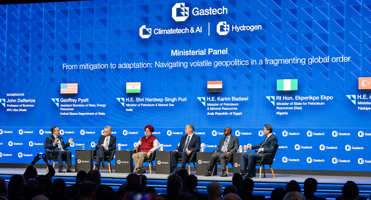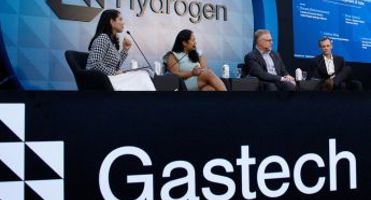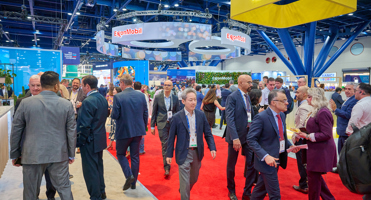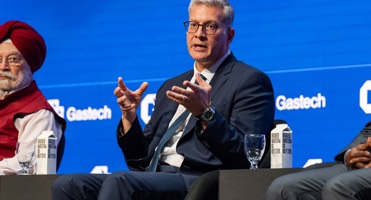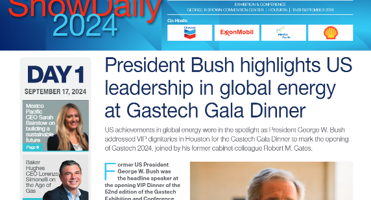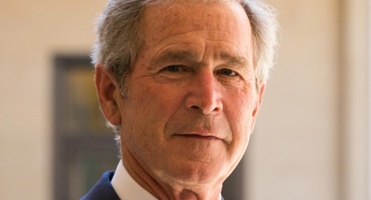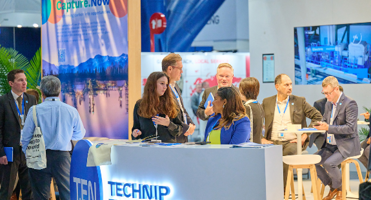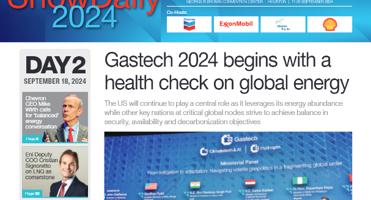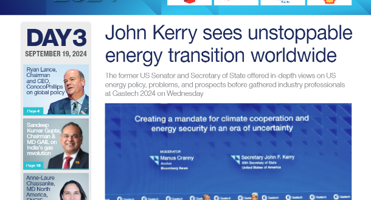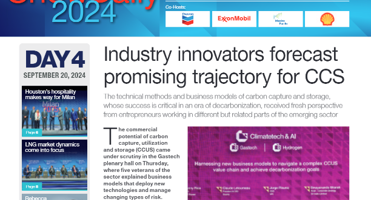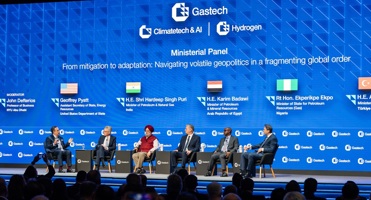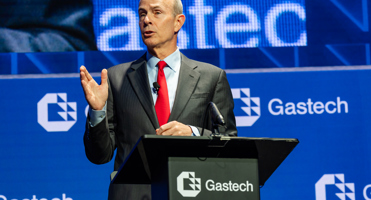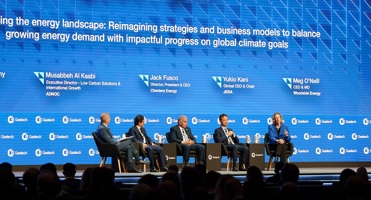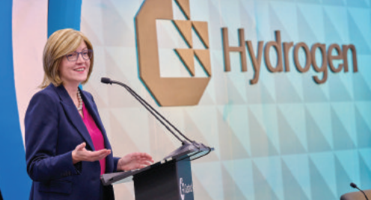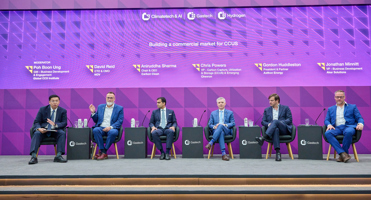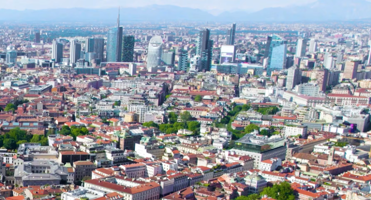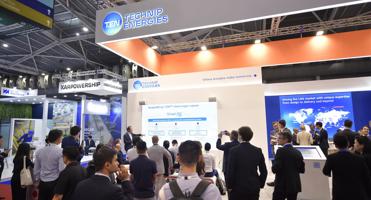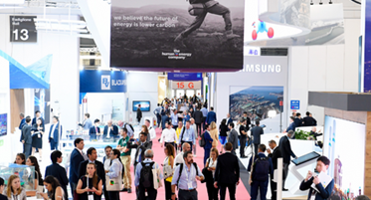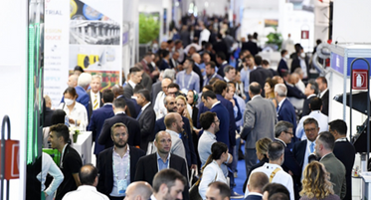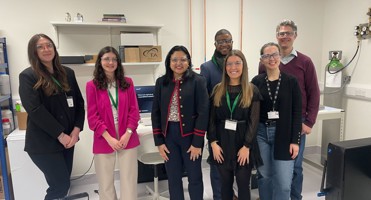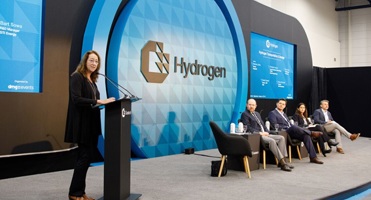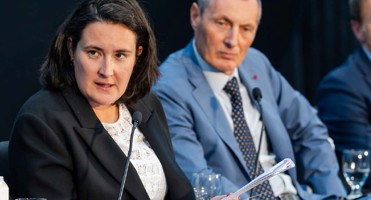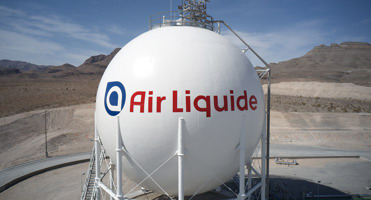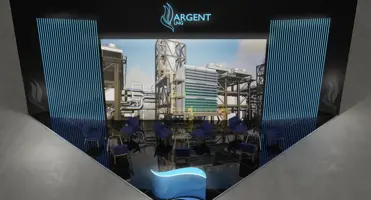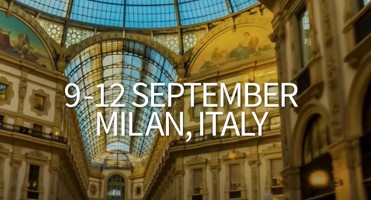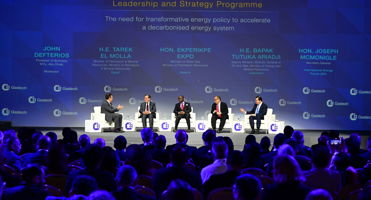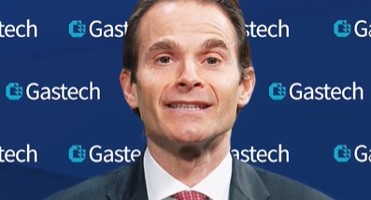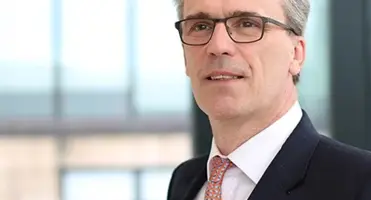MILAN – The third day of Gastech 2022 has drawn to a close, following a range of live debates between business leaders on how the industry can help tackle the thorniest challenges on the road to net zero. From sessions on carbon abatement, to decarbonising heavy industry and tackling future emissions, Day 3 of Gastech focused squarely on the steps the sector is taking to decarbonise and meet the challenges of the energy transition head on.
Day 3 began with a wide-ranging exploration of the hydrogen economy. Representatives from Uniper, HH2E, JERA, and the European Hydrogen Backbone Initiative discussed the ways that hydrogen can decarbonise the current energy supply chain.
Panellists touched on the role of electrification in expanding the role of hydrogen as an energy provider, as well as hydrogen’s potential to address hard-to-abate industries. It was noted that there is already a large market for hydrogen, and that this opened the door for green hydrogen, once the technology was produced at a greater scale.
Daniel Muthmann, Chairman, European Hydrogen Backbone Initiative, told the audience that the underlying issue for hydrogen was infrastructure:
“Infrastructure is crucial to hydrogen’s success. If you want to transport large quantities of hydrogen to other countries, the most efficient way to do it is through a pipeline. What we have been working on is how to engage with policymakers to put the issue of infrastructure on the table. If you look at the entire value chain, the infrastructure is not very expansive compared to other targets, but we can use existing energy infrastructure, and repurpose it for hydrogen in Western Europe.”
After the first panel session, Day 3 saw the official handover ceremony of Gastech 2022 to the next host country, with Sarah Howell, Vice President, dmg events, announcing that Gastech 2023 will take place in Singapore, from September 11-14, 2023. At the ceremony, Luca Palermo, CEO and General Manager, Fiera Milano Group, thanked the organisers for the opportunity to host the event at such a critical time for the energy sector. Lee Pak Sing, Assistant Chief Executive Officer, Enterprise Singapore, was then welcomed to the stage, and highlighted why Singapore’s role as a major bunkering hub, and as a vibrant LNG market, ensures that next year’s Gastech will be an unmissable event.
Later in the day, leaders from the sector working with heavy industry weighed the challenge of building a low emissions value proposition that can also stand up to their customers’ net zero ambitions. The panel explored the new energy demand profiles of the industry, and the impact of low-carbon premiums.
Nicola Grady-Smith, Senior Vice-President, City and Corporate Integrated Solutions, bp, emphasised that:
“It’s a challenging environment out there for heavy industry. If you look at steel for example, their emissions are 8-11% across the world, but they’re critical; cement is the second most consumed product after water.”
“This is a complex situation; we need long term financial commitments, and we need to do that in an environment where there’s uncertainty going forwards. By bringing together supply and demand, working with cities, by bringing together transport hubs and industrial customers, that is how we will get to cost-competitive supplies.”
The day finished with an engaging session on tackling fugitive emissions. Leaders from OGCI, Storegga, Gaslog, Baker Hughes, and Assorisorse discussed offered strategic perspectives on the energy industry’s action plans for curbing methane and carbon emissions. The session covered the efforts to reclaim the sustainability narrative and demonstrate substantive action on decarbonisation.
Luigi Ciarrochi, President, Assorisorse, emphasised that:
“Reducing methane emissions is very important. It is no longer the time to talk, it is time to act. It is time to be effective in decarbonisation. It’s true that energy is not the major contributor to methane emissions, accounting for less than 20%, but for the industry it has to be a top priority.”






